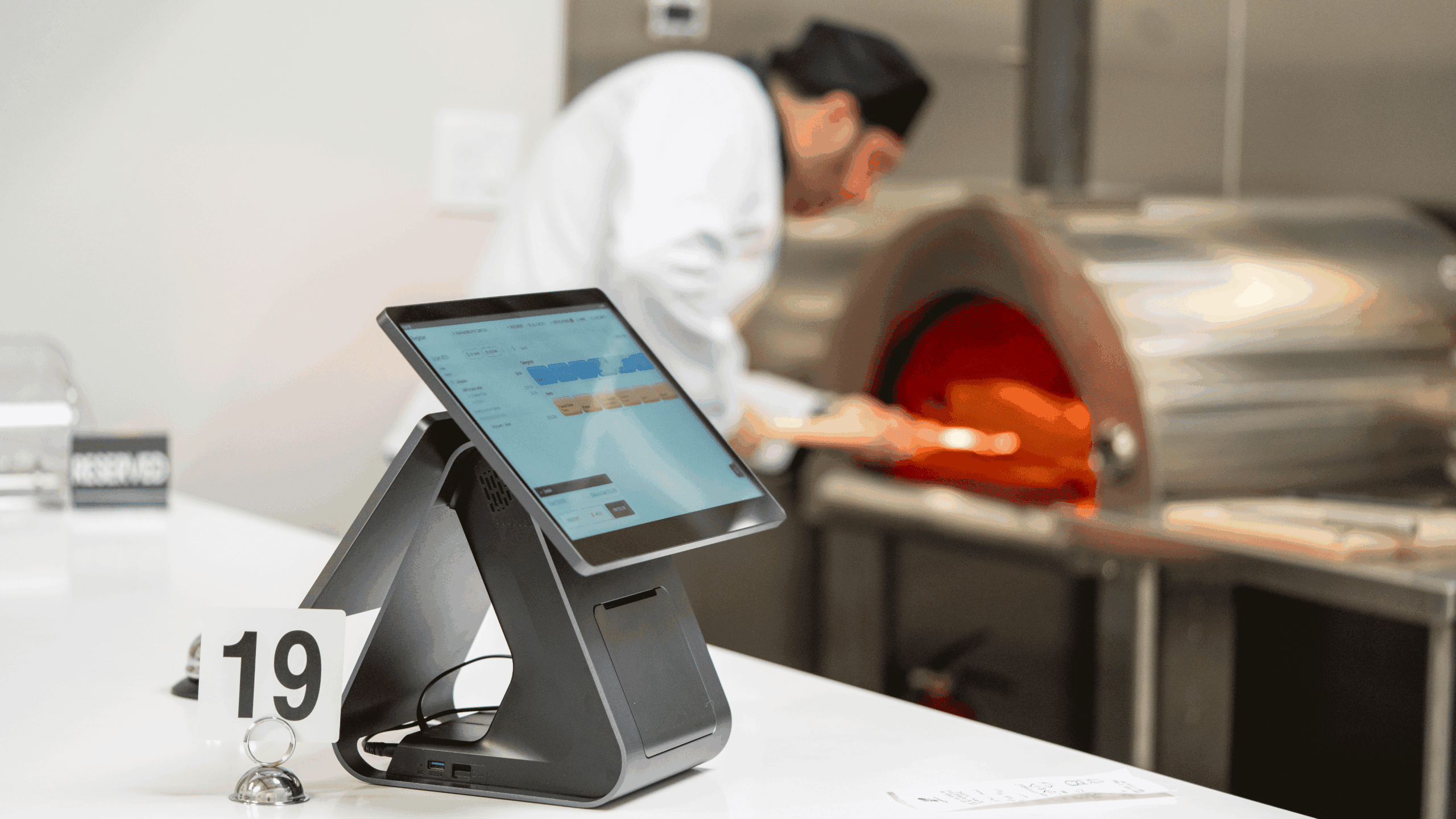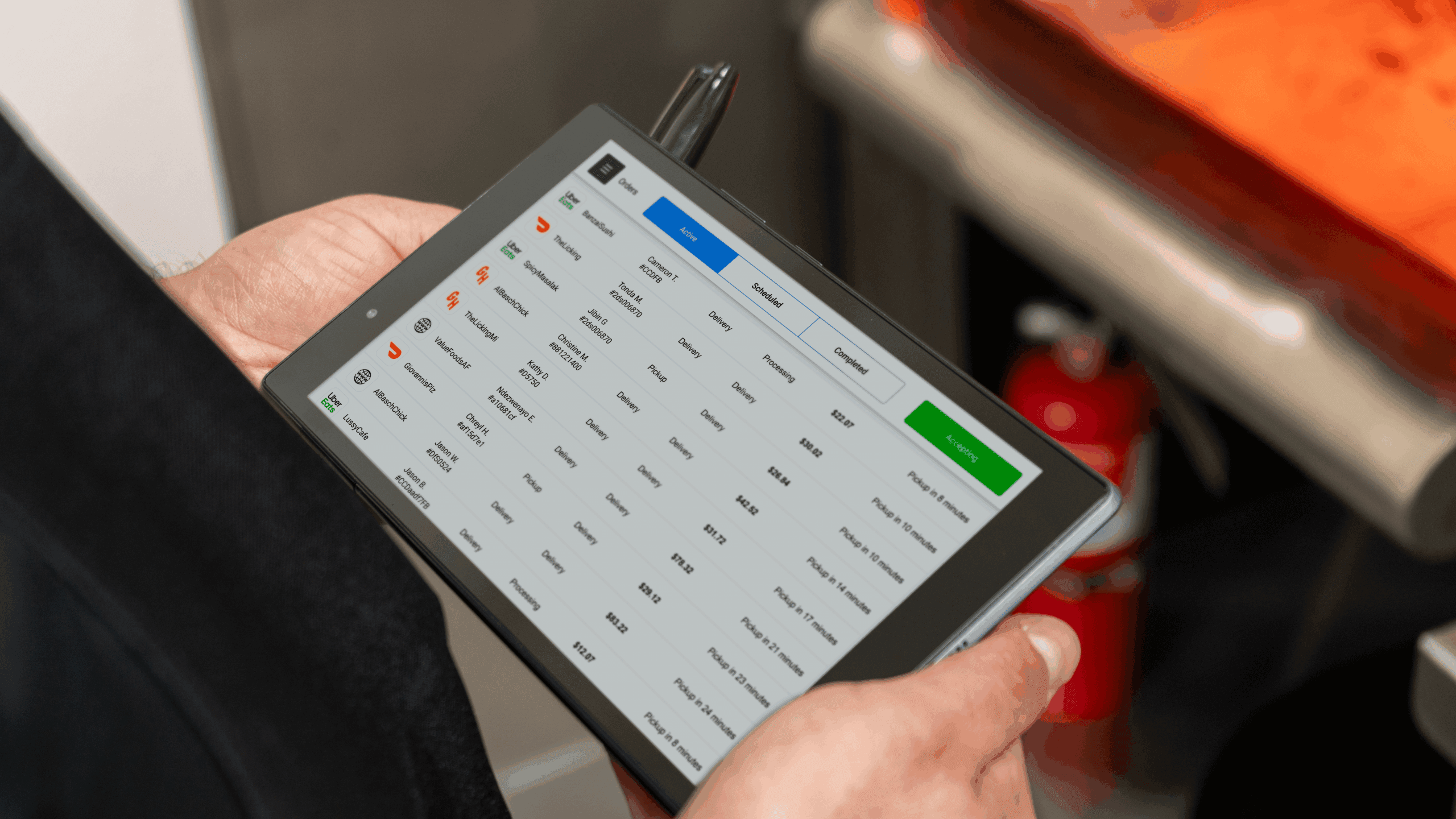- 11 Strategies for Effective Restaurant Review Management
- How 3rd Party Guest Monitoring Can Be Beneficial
- What are the Most Popular Tools for Guest Feedback Monitoring?
- Guest Feedback Mastery
In the restaurant world, your rep is everything. How customers see you online can make or break your business.
So, how do you make sure your restaurant’s rep stays golden?
Simple: smart review management and guest feedback monitoring. We’re diving into practical tips that work for restaurant owners like you.
Let’s talk about how to handle reviews like a pro and keep your place shining online.
11 Strategies for Effective Restaurant Review Management
Internal Feedback Loop
Action: Establish an internal feedback system to collect insights from staff, helping to identify areas for improvement before they become customer concerns.
Consistency in Brand Voice
Action: Maintain a consistent brand voice in your responses, reflecting the personality of your restaurant and reinforcing brand identity.
Promote Positive Experiences
Action: Encourage satisfied customers to leave reviews. This helps balance the overall sentiment and provides a more accurate representation of your restaurant.
Social Media Presence
Action: Leverage social media platforms to engage with customers, share updates, and address restaurant reviews publicly, showcasing your commitment to customer satisfaction.
Address Trends and Patterns
Action: Identify recurring themes in negative reviews to pinpoint areas for improvement or elements that customers consistently appreciate.
Employee Training
Action: Train staff on customer service and the importance of positive online reviews, fostering a team culture that values customer satisfaction.
Prompt Response
Example: A customer on a review site praises your restaurant’s quick service. Respond with, “Thank you for your positive feedback! We’re delighted that our service met your expectations. Looking forward to serving you again soon!”
Consistent Monitoring
Example: Set up daily notifications for review platforms. This ensures you’re promptly informed about a new review, allowing you to respond in a timely manner.
Personalized Engagement
Example: A review mentions a specific dish. Respond with, “We’re thrilled you enjoyed our [dish name]! Thanks for sharing your experience, [Customer’s Name].”
Constructive Feedback Handling
Example: A negative review mentions slow service. Respond with, “We apologize for the inconvenience. We’re addressing this with our team to improve our service speed. Your feedback is valuable to us.”
Highlight Positive Feedback
Example: A customer raves about your signature cocktail on a review site. Share it on your restaurant’s Facebook page with a caption like, “Cheers to [Customer’s Name] for loving our signature cocktail! We’re so glad you enjoyed it. Come back soon for more!”
How 3rd Party Guest Monitoring Can Be Beneficial
Third-party guest monitoring can be highly beneficial for restaurants in several ways:
Unbiased Feedback
Third-party monitoring platforms provide unbiased guest feedback from customers who are more likely to express their honest opinions outside the direct influence of the restaurant. This helps in obtaining authentic insights into the guest experience.
Aggregate Data Analysis
These platforms often aggregate data from various sources, allowing for comprehensive analysis. Restaurants can identify trends, patterns, and areas for improvement based on a large volume of feedback.
Benchmarking Against Competitors
By using third-party monitoring, restaurants can benchmark their performance against competitors. Understanding how your restaurant compares in terms of guest satisfaction can guide strategic improvements.
Review Consolidation
Instead of checking multiple review sites individually, third-party monitoring tools consolidate reviews from various platforms, saving restaurant owners and managers time.
Real-time Alerts
Many third-party tools provide real-time alerts for new reviews. This allows immediate response to both positive and negative feedback, demonstrating a proactive approach to customer satisfaction.
Identifying Emerging Issues
Monitoring across different platforms helps in identifying emerging issues before they become widespread concerns. Early detection allows for prompt corrective actions.
Improved Online Reputation
By actively managing and responding to reviews on various platforms, restaurants can improve their online reputation. Positive engagement with customers contributes to a positive image and brand perception.
Customer Experience Benchmarking
Third-party monitoring allows restaurants to benchmark their customer experience against industry standards. Understanding where your restaurant stands in terms of service, ambiance, and overall satisfaction is crucial for strategic decision-making.
Data-driven Decision Making
Analyzing data collected through third-party restaurant reputation management tools provides a foundation for data-driven decision-making. It helps in prioritizing improvements based on customer feedback and preferences.
Enhanced Marketing Strategies
Positive reviews and customer satisfaction data can be leveraged in marketing efforts. Highlighting positive experiences in marketing materials builds trust and attracts new customers.
What are the Most Popular Tools for Guest Feedback Monitoring?
Here are some popular guest feedback monitoring tools:
Yelp for Business Owners
Key Features: Yelp’s business platform allows restaurant owners to monitor and respond to customer reviews, track page views, and gain insights into customer sentiment.
Google My Business
Key Features: Google My Business provides a platform for managing customer reviews, updating business information, and gaining insights into customer interactions with the business listing.
TripAdvisor for Restaurants
Key Features: TripAdvisor for Restaurants enables owners to monitor and respond to reviews, track rankings, and gather insights into customer feedback on the TripAdvisor platform.
OpenTable
Key Features: OpenTable provides tools for restaurants to manage reservations and collect guest feedback. It allows restaurants to monitor and respond to reviews from diners.
Reputation.com
Key Features: Reputation.com offers a comprehensive online reputation management platform. It allows businesses, including restaurants, to monitor reviews, gather feedback, and manage their online presence.
ReviewTrackers
Key Features: ReviewTrackers is a review management platform that helps businesses collect and manage online reviews from various platforms. It provides analytics and insights into customer sentiment.
BirdEye
Key Features: BirdEye is a customer experience platform that includes review monitoring, sentiment analysis, and customer feedback tools. It aggregates reviews from various sites.
Trustpilot
Key Features: Trustpilot is a customer review platform that businesses can use to collect and showcase reviews. It provides tools for businesses to respond to reviews and gather customer feedback.
Guest Feedback Apps (e.g., Feed It Back)
Key Features: Some restaurants use dedicated guest feedback apps like Feed It Back, which allow customers to provide feedback directly to the restaurant. These apps often include survey features.
Listen360
Key Features: Listen360 is a customer engagement platform that includes tools for collecting and managing customer feedback. It is commonly used in the hospitality industry.
Guest Feedback Mastery
Mastering the art of guest feedback management is not just about utilizing popular tools; it’s about implementing strategic approaches that resonate with your customers.
Orders.co offers guest feedback monitoring tools that are essential for maintaining a positive reputation.
These tools enable restaurants to gather and analyze customer feedback from various sources, providing insights into customer experiences and areas for improvement.
By using Orders.co’s services, restaurant owners can effectively manage their online presence, respond to reviews promptly, and enhance customer satisfaction.
This approach aligns with the broader strategies for effective restaurant review management, which focus on proactive engagement, consistent branding, and leveraging data for improvement.



